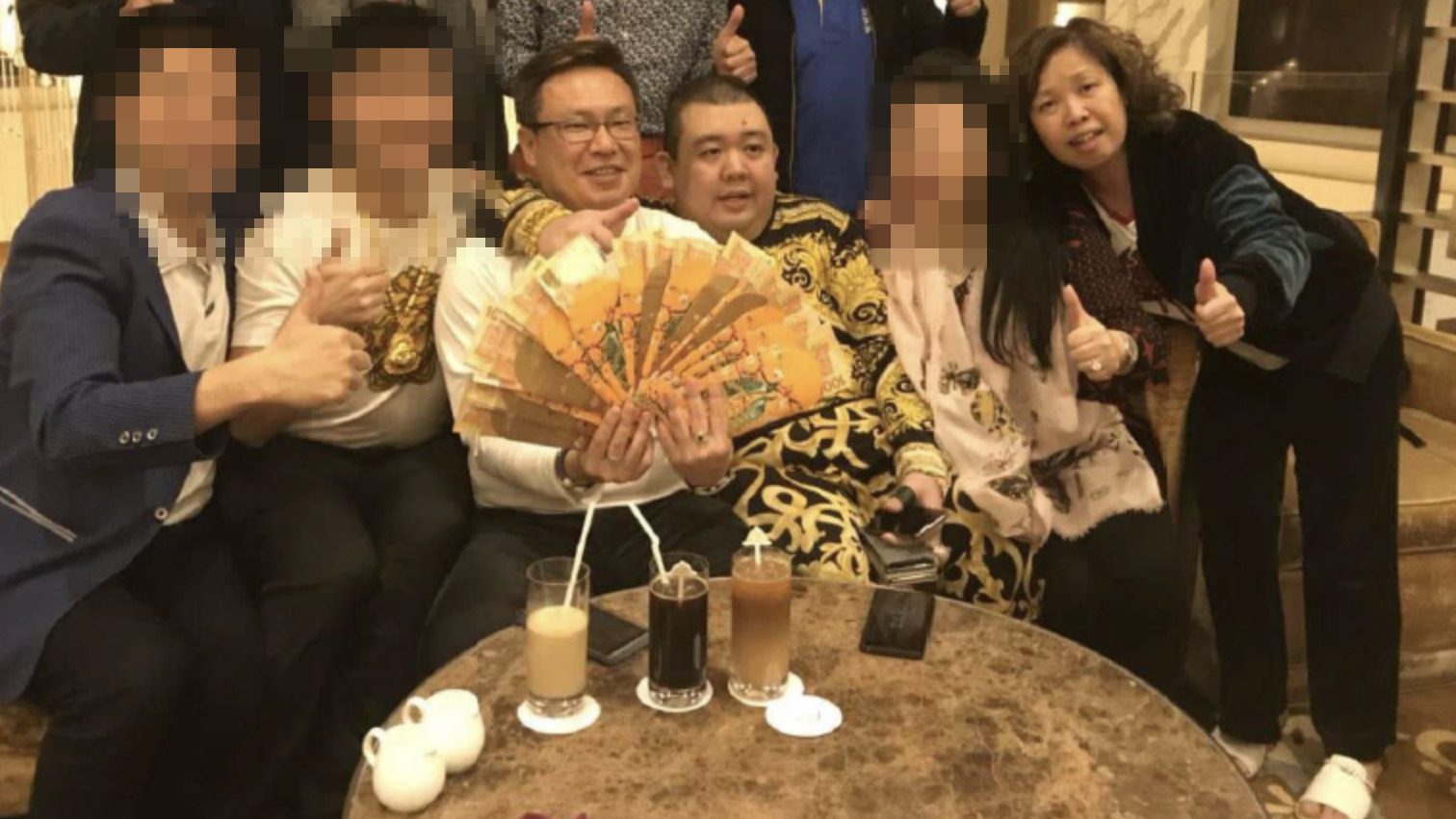SINGAPORE: A Singaporean couple involved in a Ponzi scheme has been ordered to return HK$36.6 million (S$6.2 million) to an investor after promising lucrative returns from “sure-win” gambling methods at casinos.
The court’s ruling came after Wan Hoe Keet, also known as Ken, and his wife, Sally Ho, were found liable for misleading Hong Konger Chan Pik Sun into investing in their fraudulent scheme.
According to The Straits Times, the SureWin4U scheme, launched by Malaysian brothers Peter and Philip Ong in July 2012, claimed to offer significant returns by funding professional gamblers to play baccarat using two supposedly winning formulas.
However, when the scheme collapsed in September 2014, it was revealed that the profits were largely sustained by new investments rather than actual gambling success. To keep making money from the scheme, existing investors needed to recruit new ones, known as downlines.
Mr Wan and Ms Ho joined the scheme in October 2012, initially investing $77,452. They made between $7 million and $10 million before the scheme collapsed.
They accounted for 70% of the scheme’s revenue from selling packages to new investors and were known as “Teacher Ken” and “Teacher Sally” among other participants.
Ms Chan, also known as Sandra, is in her early 50s and works as a manager at an insurance company. She met Mr Wan and Ms Ho at a seminar in March 2014.
The couple, influential figures within the scheme, convinced her that the investment was safe and highly profitable. Trusting their assurances, Ms Chan invested HK$36.6 million between April and August 2014.
When the scheme failed, Ms Chan sought to recover her money. However, Mr Wan and Ms Ho responded “they had none,” offering no solutions.
In October 2014, they attempted to salvage the situation by distributing HK$148,000 among a group of 10 investors, including Ms Chan, to gamble at casinos using the “winning formulas.” This effort, however, resulted in substantial losses.
Mr Wan and Ms Ho reported the Ong brothers to the police, alleging they had been victims of an elaborate scam.
However, they were later photographed in a Macau newspaper with Mr Peter Ong and large amounts of cash, which suggested ongoing involvement with the scheme’s founders.
Ms Chan initially took legal action in Singapore, filing a lawsuit in August 2018 against Mr Wan, Ms Ho, their asset management firm Strategic Wealth Consultancy, and Ms Ho’s brother Sebastian.
Despite her claims of conspiracy and misrepresentation, the Singapore High Court dismissed her case in April 2023 and ordered her to pay more than S$374,000 in legal costs.
Undeterred, Ms Chan appealed the decision. She was represented by Senior Counsel Lok Vi Ming and a team from LVM Law Chambers. On Aug 7, 2024, the appellate division of the High Court ruled in her favour.
Justices Steven Chong and Debbie Ong overturned the earlier ruling, finding Mr Wan and Ms Ho guilty of fraudulent misrepresentation. They ordered the couple to pay HK$350,000 in legal costs to Ms Chan.
The majority’s judgement noted that while some schemes might seem unbelievable, it is not unusual for fraudsters to deceive investors who should have been more cautious.
They described this case as a classic example of such fraud and argued that the law should not excuse perpetrators merely because they exploited the gullible or greedy.
The majority inferred from the evidence that Mr Wan and Ms Ho were closely involved with the scheme’s founders and were aware of its fraudulent nature when they assured Ms Chan it was safe and profitable.
They found it troubling that Mr Wan and Ms Ho could not provide text messages that might have clarified their involvement and knowledge of the scheme’s legitimacy. The majority rejected the couple’s claim that they had lost these messages due to changing phones.
The court also considered the meeting in Macau as evidence of Mr Wan and Ms Ho’s complicity, suggesting they were part of the scheme’s inner circle and thus must have known it was fraudulent.
However, Justice Woo Bih Li, the dissenting judge, said the Macau meeting was “not unequivocal evidence of their complicity.” It did not sufficiently prove that Mr Wan and Ms Ho were aware of the scheme’s fraudulent nature.
He added that the missing messages could be interpreted in various ways and that the court should not make a “damning inference” about the couple. /TISG

